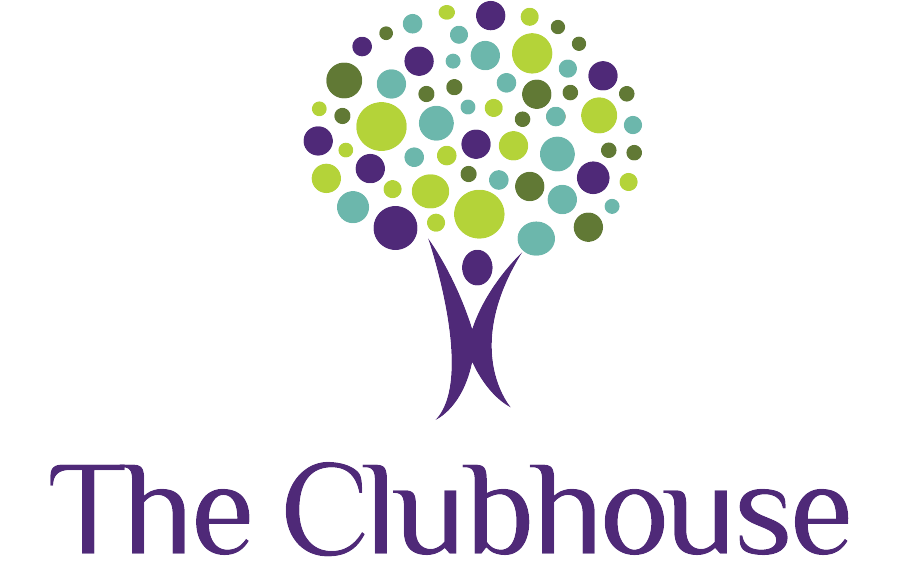Trying to find ways to promote your toddler’s language growth during your typically busy day? Here are some simple strategies that can be built into your daily routine to facilitate early language!
Self-talk involves narrating your thoughts aloud to your toddler using simple language. This can include lots of describing—talk about what you are holding, what actions you are performing, what you see, or what you feel. It is best to use simple, repetitive language that is 1-2 words longer than what your child is currently using to communicate. For example, you might say “Ball. I throw ball.” while you are throwing a ball. This is easily built into daily routines and can quickly become a habit! For example, while washing dishes you can model phrases such as “wash the cup! I wash!”.
Parallel talk is very similar to self-talk, but instead of talking about what you are doing, you talk about what your child is doing as they navigate their environment. Again, it is best to model simple and repetitive phrases. To use parallel talk, you can model the same language (“ball. I throw ball.”) but while your child is throwing the ball.
Expansions build upon your child’s speech or gestures. For example, if your child says “ball”, you might say “want ball. Red ball.” If your toddler doesn’t use words to communicate yet, you can also build upon gestures! Label the items your toddler points to around the room while completing puzzles or during storytime.
Sign language can serve as a great tool to promote communication and reduce frustration for children as they are learning language. Simple signs such as “more”, “open”, and “all done” can be paired with a verbal model of the word and introduced to your toddler. Sign language can introduce young children to intentional language by teaching them that what they communicate has meaning. It can be a great bridge to speech!
Build these strategies into your playtime, bath time, bedtime, and mealtime routines for fun and simple language learning!
Written by Erin Condon, M.S., CF-SLP

